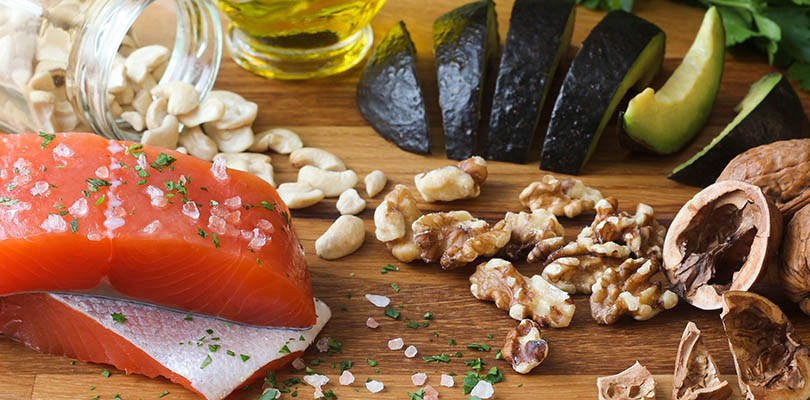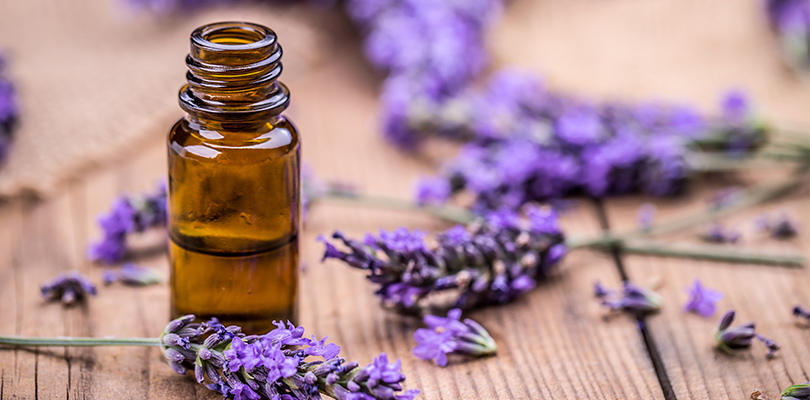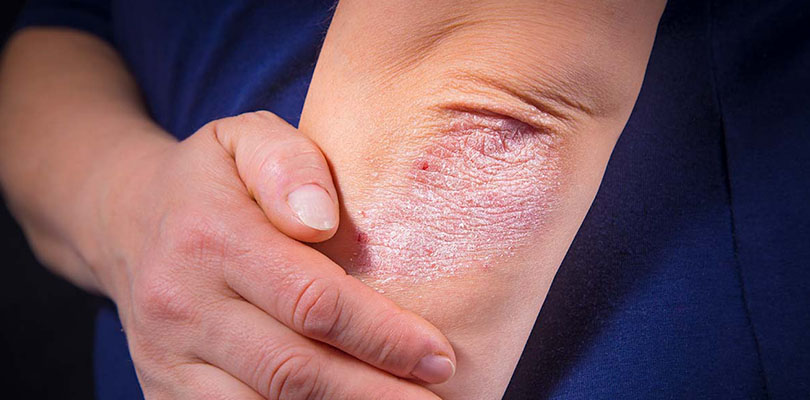The Arthritis Diet
One of the most common questions asked by people with arthritis is “Is there a diet for arthritis that will help my pain and symptoms?” The answer is a bit complex.
The Arthritis and Diet Connection
In the past, doctors told their patients diet changes would not help to manage arthritis symptoms.
However, newer research finds diets rich in dairy products, saturated and processed foods, and meat are contributors to arthritis inflammation and even the development of autoimmune forms of arthritis.
Many people with arthritis notice improvement in symptoms when they avoid certain foods. Research studies going as far back as the late 1970s found eliminating specific foods, including red meat, dairy, sugars, fats, and salts can drastically reduce arthritis symptoms.
An early research study going back to 1979 found dairy was a big problem for people with arthritis. And this applies to all dairy products, not just the full-fat ones.
Researchers also believe certain dietary changes do in fact help in the management of arthritis symptoms. For example, one very recent study from Michigan State University found a whole food, plant-based diet could significantly improve pain and function in osteoarthritis (OA) patients.
A whole food, plant-based diet includes fruits, vegetables, whole grains, and legumes. It excludes, or minimizes consumption of meat, including fish and chicken, dairy, eggs, refined sugars and flour and oil.
The Mediterranean Diet
Some foods can help keep inflammation levels down, thereby reducing your pain. And following a diet plentiful in fruits, vegetables, fish, beans, and nuts is good for your body overall.
A diet that is rich in fruits, vegetables, fish, beans, and nuts is the main characteristic of the Mediterranean diet, which is known for its disease-fighting abilities.
Some studies have shown that because the Mediterranean diet is rich in omega-3 fatty acids, it may lower the risk of getting rheumatoid arthritis (RA).
Omega-3 fatty acids are unsaturated fatty acids, mostly found in fish. RA is an autoimmune form of arthritis where the body’s immune system that generally protects you starts attacking healthy tissues, including the joints because it thinks they are foreign invaders causing joint pain.
Studies also confirm eating foods part of the Mediterranean diet cannot only curb inflammation-related arthritis but also protect joints and help you lose weight, which takes pressure off your joints.
Foods that Help
Consuming inflammation reducing foods can help reduce arthritis pain and inflammation. These are foods that continue to be studied as they may play a role in relieving joint pain.
Fatty Fish
Fatty fish – like salmon, tuna, mackerel, sardines, and trout – are rich in omega-3 fatty acids. Try eating fatty fish at least twice a week, but if do not like fish, ask your doctor about fish oil supplements.
One very recent study reported in Arthritis Care and Research finds consuming fish more than twice per week can reduce disease activity - specifically inflammation - in people with rheumatoid arthritis.
Tart Cherries
Some people with arthritis have symptom relief from products made with tart cherries, including juices and supplements. The same ingredient giving cherries their color is believed to be the same one that helps reduce pain and stiffness in OA.
One 2013 study reported in Osteoarthritis and Cartilage found that knee OA study participants who drank 16 ounces of tart cherry juice daily were experiencing significant improvement in pain and stiffness.
Tart cherries may also protect you if you suffer from gout. One 2012 study from Boston University Medical Center found eating at least ten cherries per day can protect you from recurrent gout attacks with a least 35 percent lower risk.
Cruciferous Vegetables
Broccoli, brussels sprouts, cabbage, and arugula are all cruciferous vegetables, and they are loaded with a compound called sulforaphane, known for slowing down cartilage damage related to OA.
One 2013 report from Arthritis & Rheumatology found that mice fed a diet rich in sulforaphane were found had less cartilage damage and OA than those who were not. The researchers also looked at human and cow cartilage and reported that sulforaphane stops joint destruction by blocking key molecules that cause inflammation.
Extra Virgin Olive Oil
Olive oil is a healthy monounsaturated fat containing oleocanthal, a natural compound, which may prevent arthritis inflammation. Oleocanthal is believed to be as effective as ibuprofen in blocking inflammation.
One 2015 study reported in the Journal of Nutritional Biochemistry found oleocanthal had a significant effect on chronic inflammation even in the most complex inflammatory processes.
Once you dispel these common misconceptions about arthritis, you can get on track to a better understanding of arthritis and seek proper treatment.
Vitamin D
Studies have shown adequate levels of vitamin D reduce the risk of arthritis, including RA and OA. And if you already have OA or RA, having lower levels of vitamin D can contribute to disability over time.
Therefore, it is important you get the essential daily requirement of vitamin D, which according to the National Institutes of Health, is 600 international units (IU) until age 70 and at 800 IUs for people over 70.
Having adequate amounts of vitamin D translates into better physical functioning and preservation of cartilage. Foods rich in vitamin D include:
- Egg yolks
- Tuna
- Salmon
- Tofu
- Milk
- Yogurt
- Cereal
Some vitamin D rich foods should be eaten in moderation because they worsen arthritis symptoms, especially the dairy products.
If your vitamin D levels are consistently low, you may want to ask your doctor about a Vitamin D supplement. Vitamin D levels can be checked with a simple blood test.
Turmeric and Ginger
Certain spices appear to have anti-inflammatory properties and should be part of your arthritis diet. For example, turmeric contains curcumin, which suppresses chemicals that cause inflammation.
One 2016 report in the Journal of Medicinal Food found turmeric to be an effective complementary treatment for arthritis. Complementary therapies are those used in conjunction with conventional (medicinal) therapies.
Ginger has also been shown to lessen the pain of OA. One study reported in Arthritis & Rheumatology looked 247 OA patients of which 63 percent experienced superior knee pain reduction after using ginger extract.
Vitamin C
Research has shown antioxidants in vitamin C may slow down the progression of OA. One study from the University of South Florida reported people who took vitamin C supplements were 11 percent less likely to develop knee OA.
Foods loaded with vitamin C include:
- Guava
- Red peppers
- Kiwi
- Oranges
- Strawberries
- Pineapple
- Parsley
- Peas
- Cauliflower
Foods to Avoid
In order to get the maximum benefits from an arthritis diet, there are specific foods you will want to avoid and cut out from your diet.
Here are some foods to stay away from:
- Excess sugar. Sugar increases inflammation.
- Certain oils. Hydrogenated oils, canola oil, corn oil soybean oil and cottonseed oil are inflammatory oils. These are also the kind of oils found in processed foods.
- Conventional grains. Gluten, refined flour and wheat products and also cause inflammation and make your joint pain worse.
- Red Meats. Some studies have found a link between red meat and arthritis inflammation. Red meat is fattier, and fats can turn into pro-inflammation chemicals.
- Dairy. Dairy intake should be limited because some of the proteins found in dairy many irritate tissues surrounding the joints. You can get your protein from other sources, including spinach, nut butters, beans, and quinoa.
- Salt. For some, excess salt consumption results in joint inflammation so it may be worth reducing the amount of salt in your diet. You may want to avoid microwave meals, as they are often loaded with sodium.







